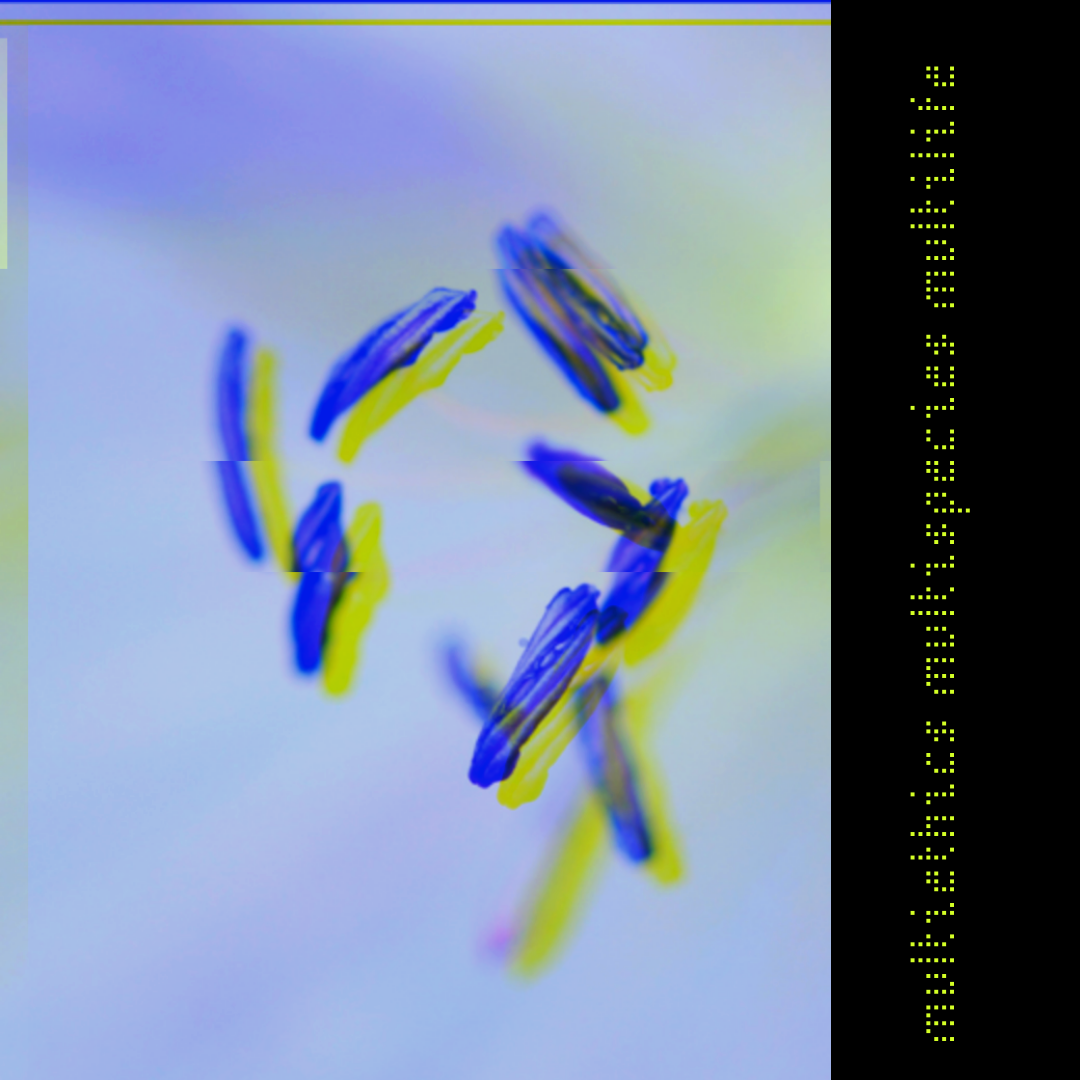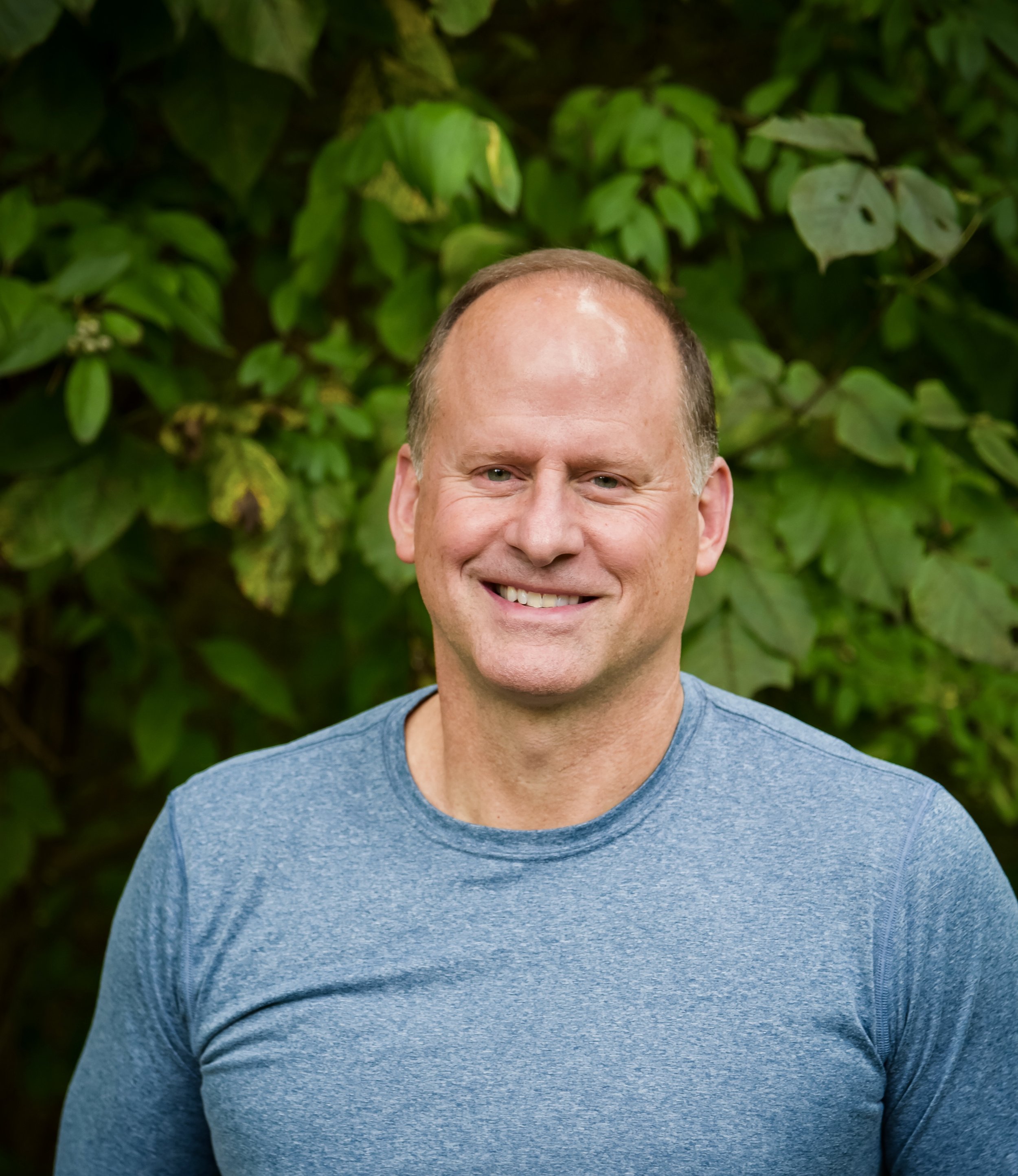
Todd Davis
Artist Statement: Talking & Listening to Plants
My Kentucky grandmother was born in 1902. She lived a hard but good life in the red clay of Appalachia. Along with my grandfather, she relied on the soil and the woods to provide nearly everything they ate as they raised six children.
They understood that their lives depended upon other living beings, animals and plants, both domesticated and wild. It's from my family I learned the names of so many flowers and trees, the uses for sassafras and chicory, wood and lemon sorrel, where to seek out blackcap raspberries in June and later blackberries in August.
My grandmother loved plants and praised them the way some folks praise a painting or sculpture. And after she harvested the tomatoes, peppers, corn and beans, after she pickled the watermelon rinds and beets and made strawberry jam, transforming the beauty of the green world into the clear jars that lined the shelves in the dirt cellar, she also grew plants simply for their good company, to gaze at and talk with, to give as gifts to others, to fuss over as her own children gradually outgrew the house.
When winter settled over the farm, she tended African violets. On each step of a modified stepladder, in the front room that faced south, she placed pots full of violets, checking them daily, making sure the plants had a drink when they needed, stroking their leaves, assuring no dust would adorn them. When the violets came into blossom, she smiled and laughed at their abundance. She said their colors helped make the cold months pass more quickly.
For the past 20 years, I’ve lived along the Allegheny Front between two small villages, making a living by teaching students about the flora and fauna of this part of Appalachia. Native rhododendron tunnel the streams. Mountain laurel turns the ridges pink in June. I’ve taken thousands of photos of spring ephemerals and fungi, shrubs like hobblebush and witch hazel, the copper groves of beech that hold the last light in fall. I’ve written poems about them and to them.
Like my grandmother, I talk to trees and plants as I walk among them, express how beautiful I think they are, thanking them again and again as I eat huckleberries and raspberries, wild strawberries and teaberries, the sorrel that makes my mouth pucker with its tang.
And for all of the harm we’ve done to the world—especially here on my home ground that has been clear-cut and mined and quarried—I apologize and ask forgiveness when the native violets explode with blossoms, when foam flower washes white in the floodplain, when trillium and fringed polygala and lady slippers and bloodroot and wood and trout lilies remind me that at least part of being alive ought to be about being in love with the lives that surround us, showing gratitude for their goodness, for their abundant graciousness.
Todd Davis is the author of seven books of poetry, most recently Coffin Honey and Native Species, both published by Michigan State University Press. He has won the Midwest Book Award, the Foreword INDIES Book of the Year Bronze and Silver Awards, the Gwendolyn Brooks Poetry Prize, the Chautauqua Editors Prize, and the Bloomsburg University Book Prize. His poems appear in such journals and magazines as Alaska Quarterly Review, American Poetry Review, Gettysburg Review, Iowa Review, Missouri Review, North American Review, Orion, Southern Humanities Review, and Western Humanities Review. He teaches environmental studies at Pennsylvania State University’s Altoona College.


